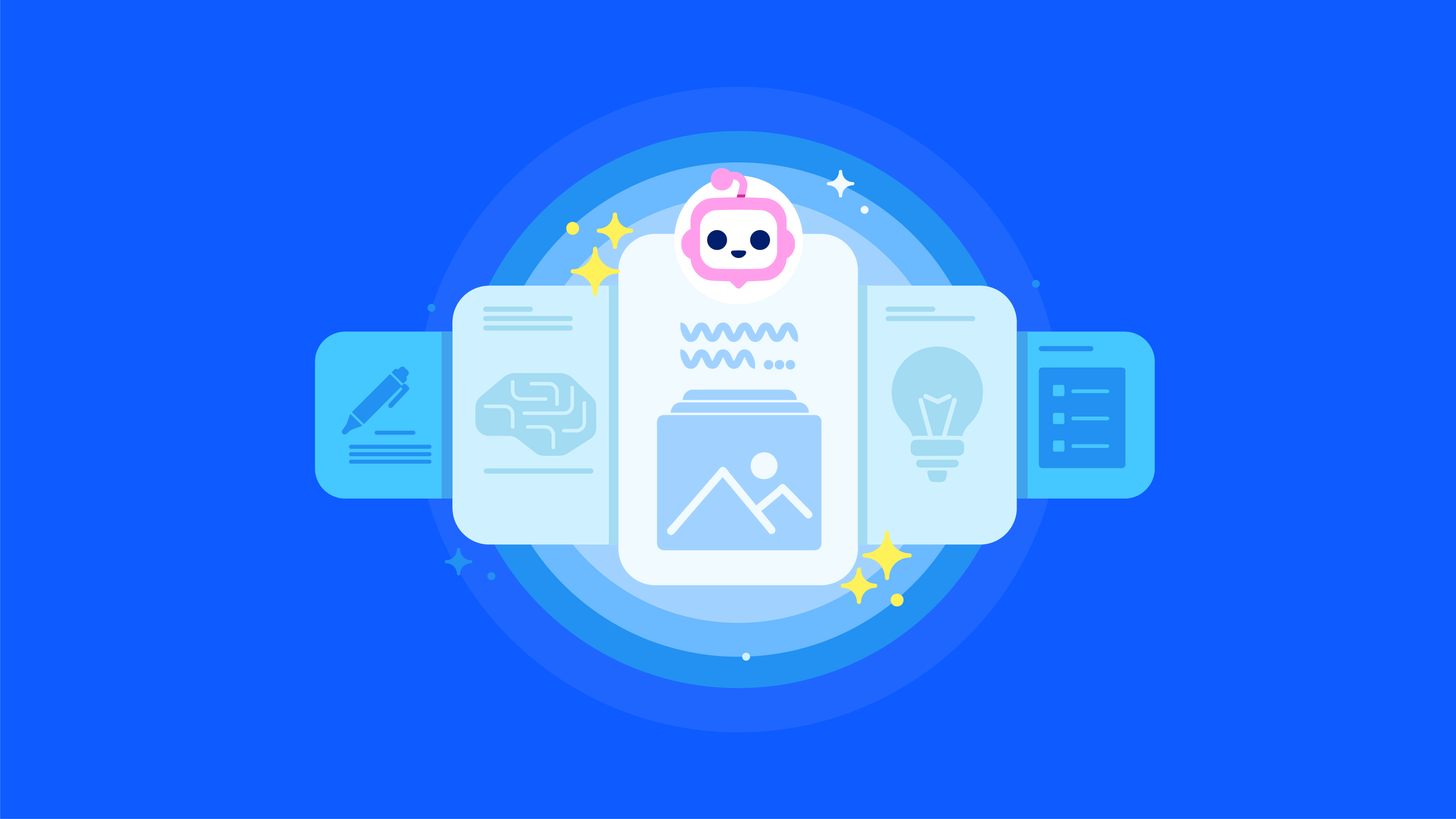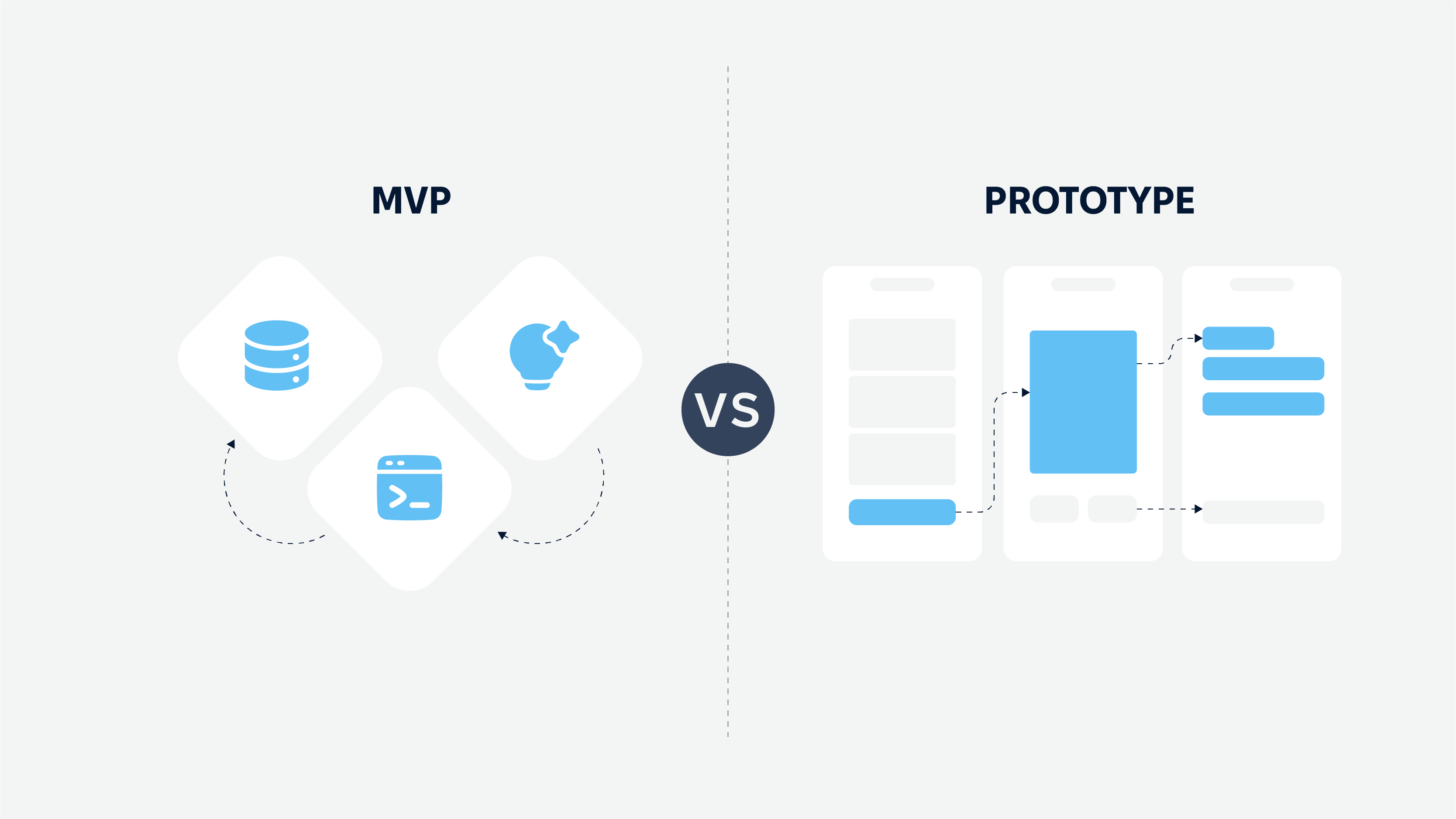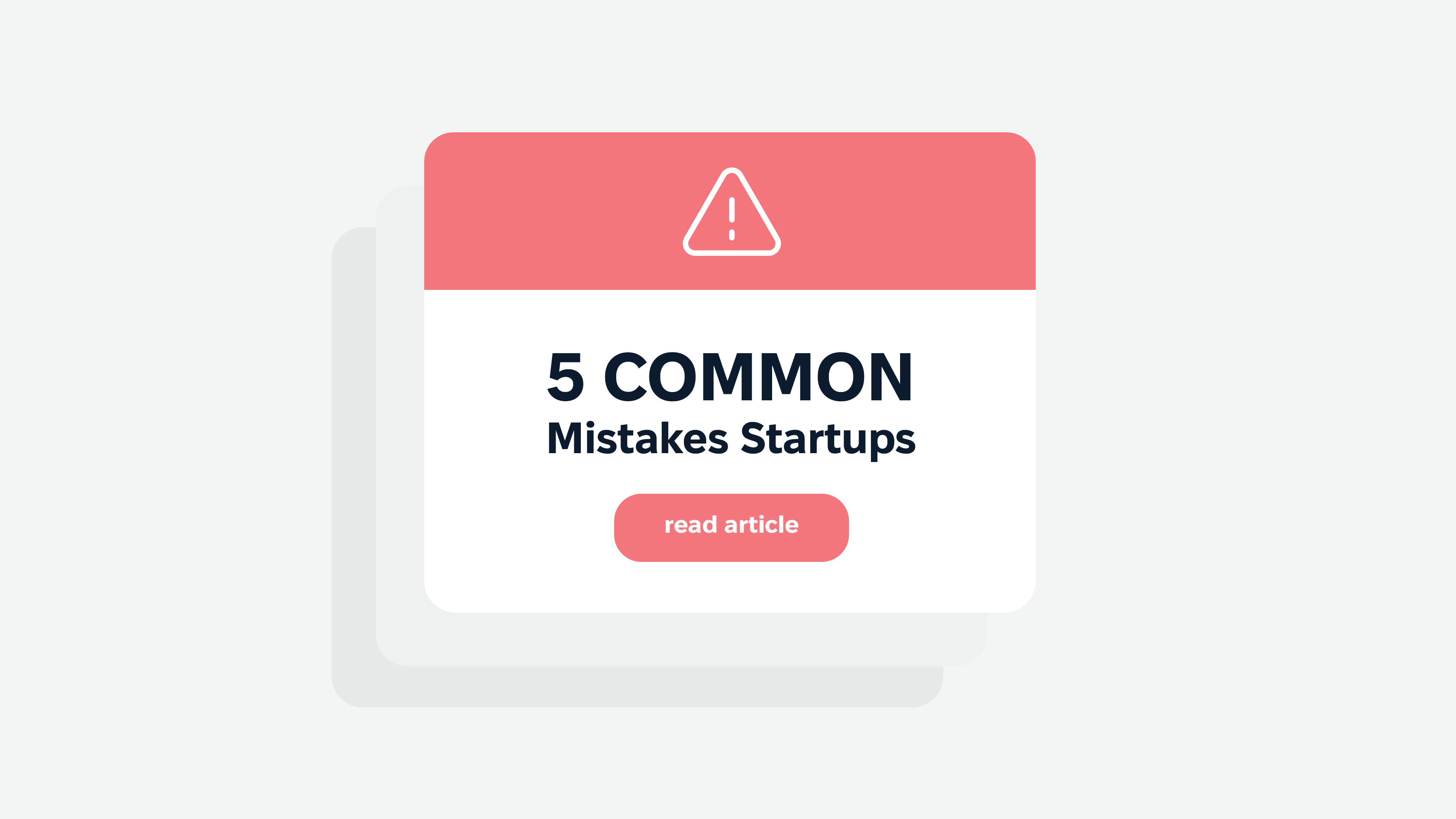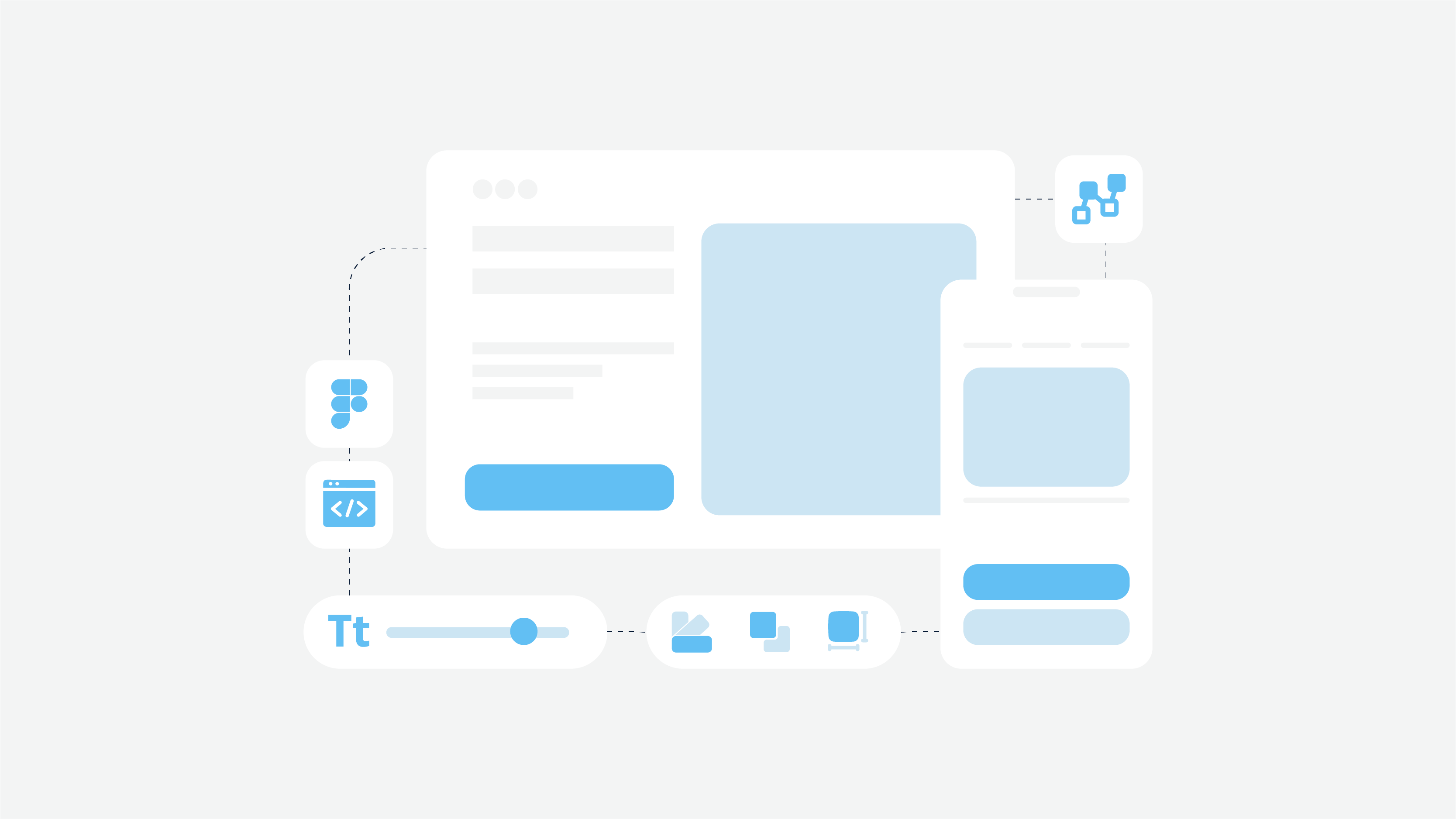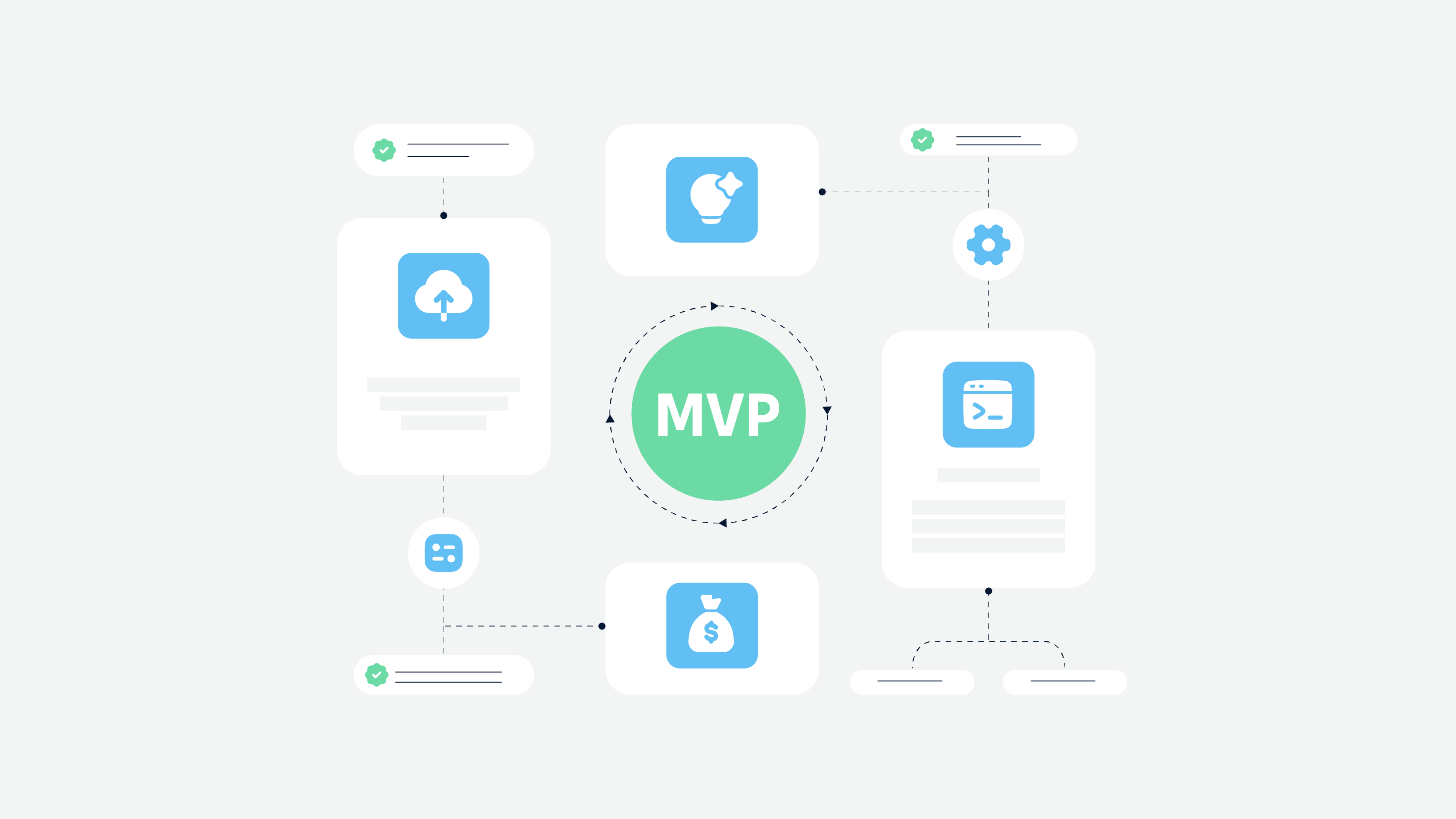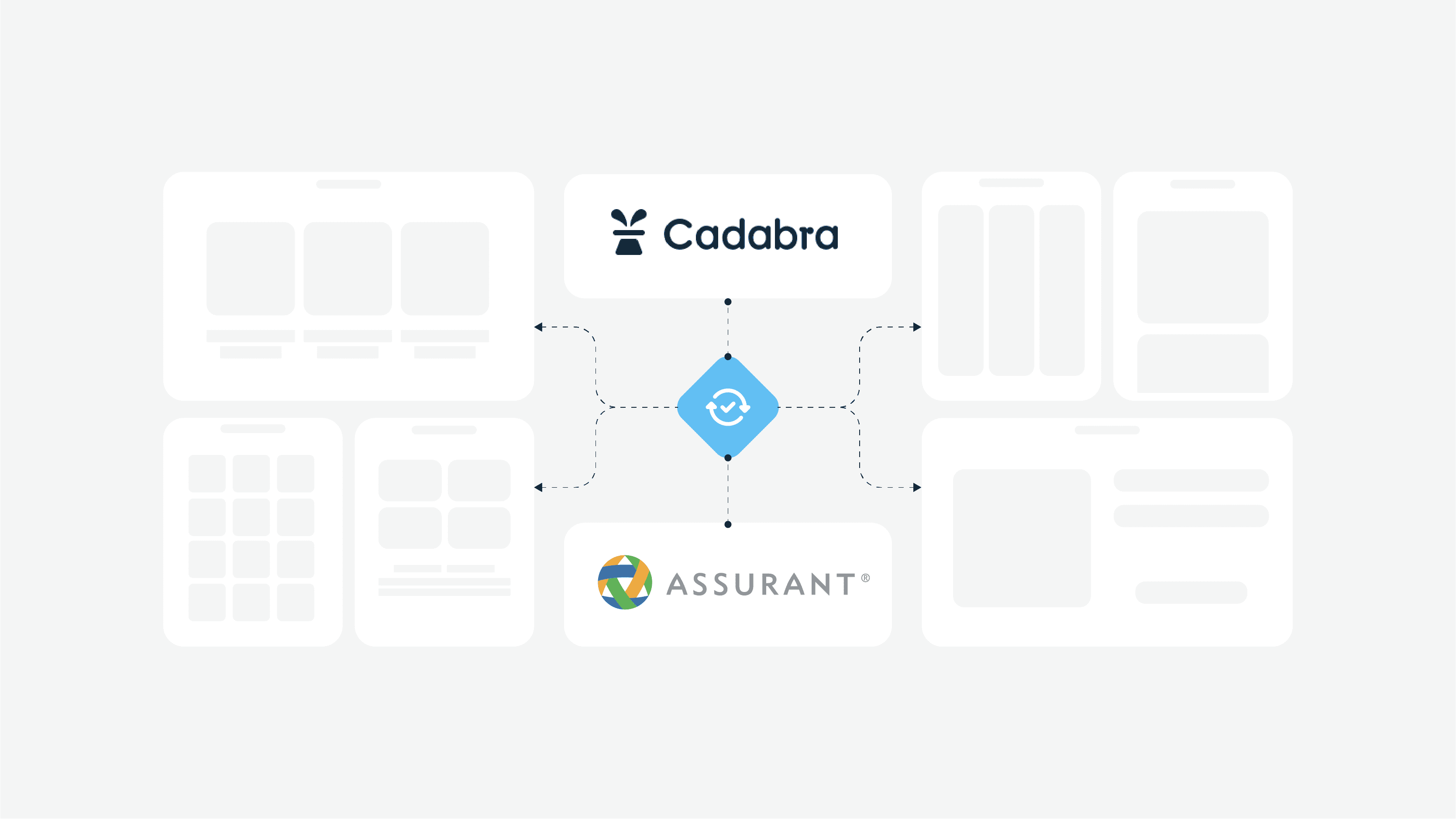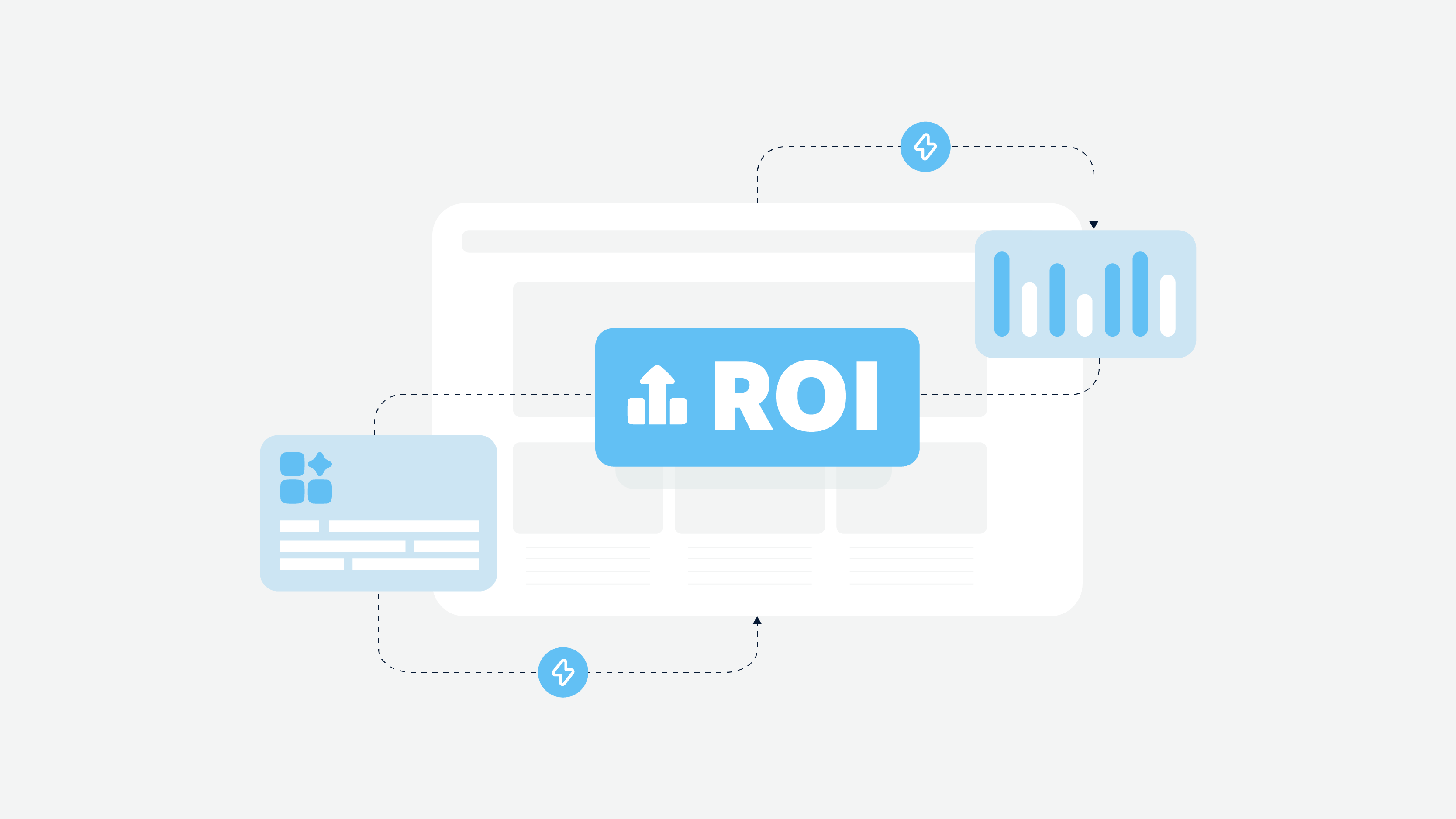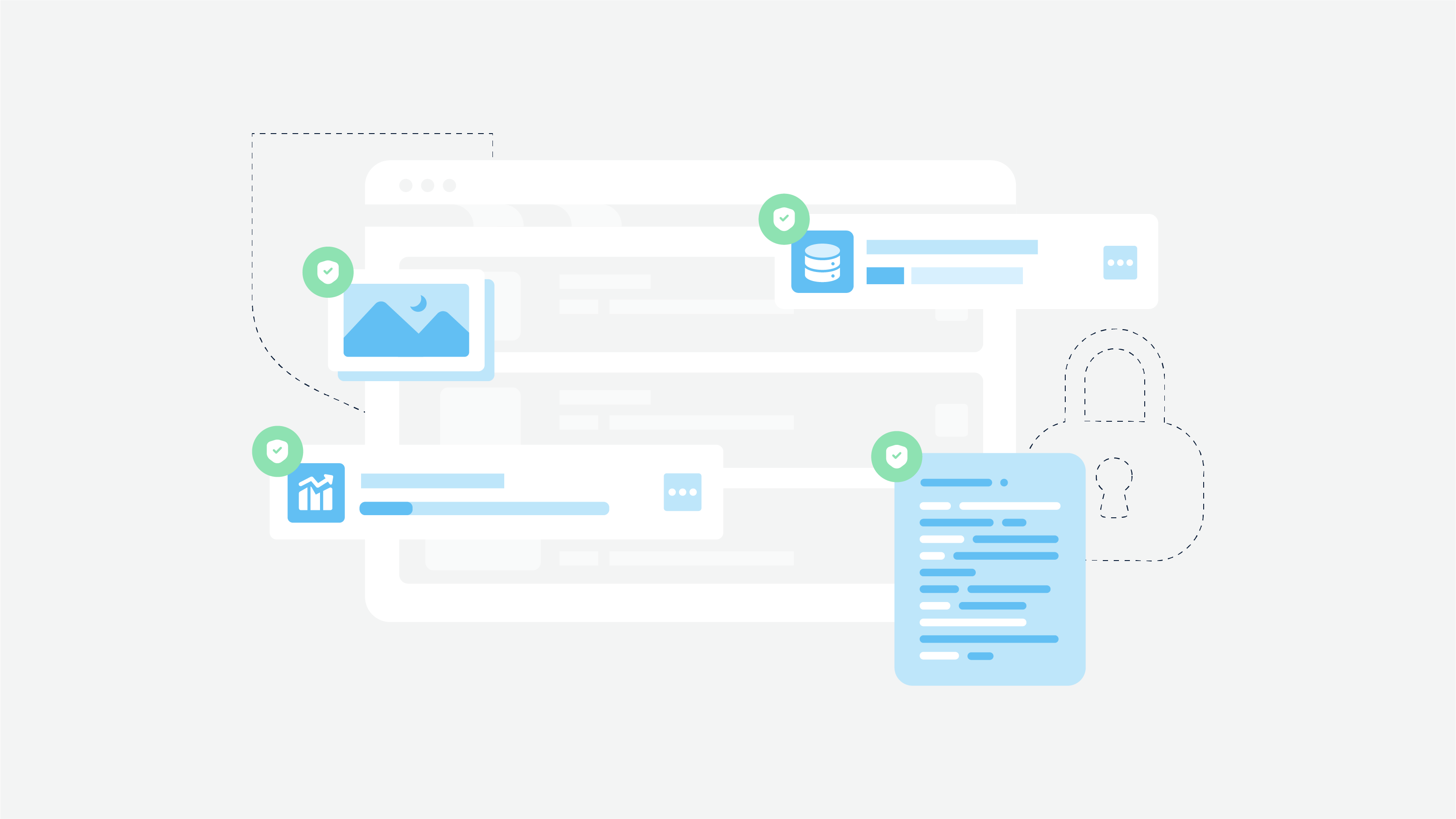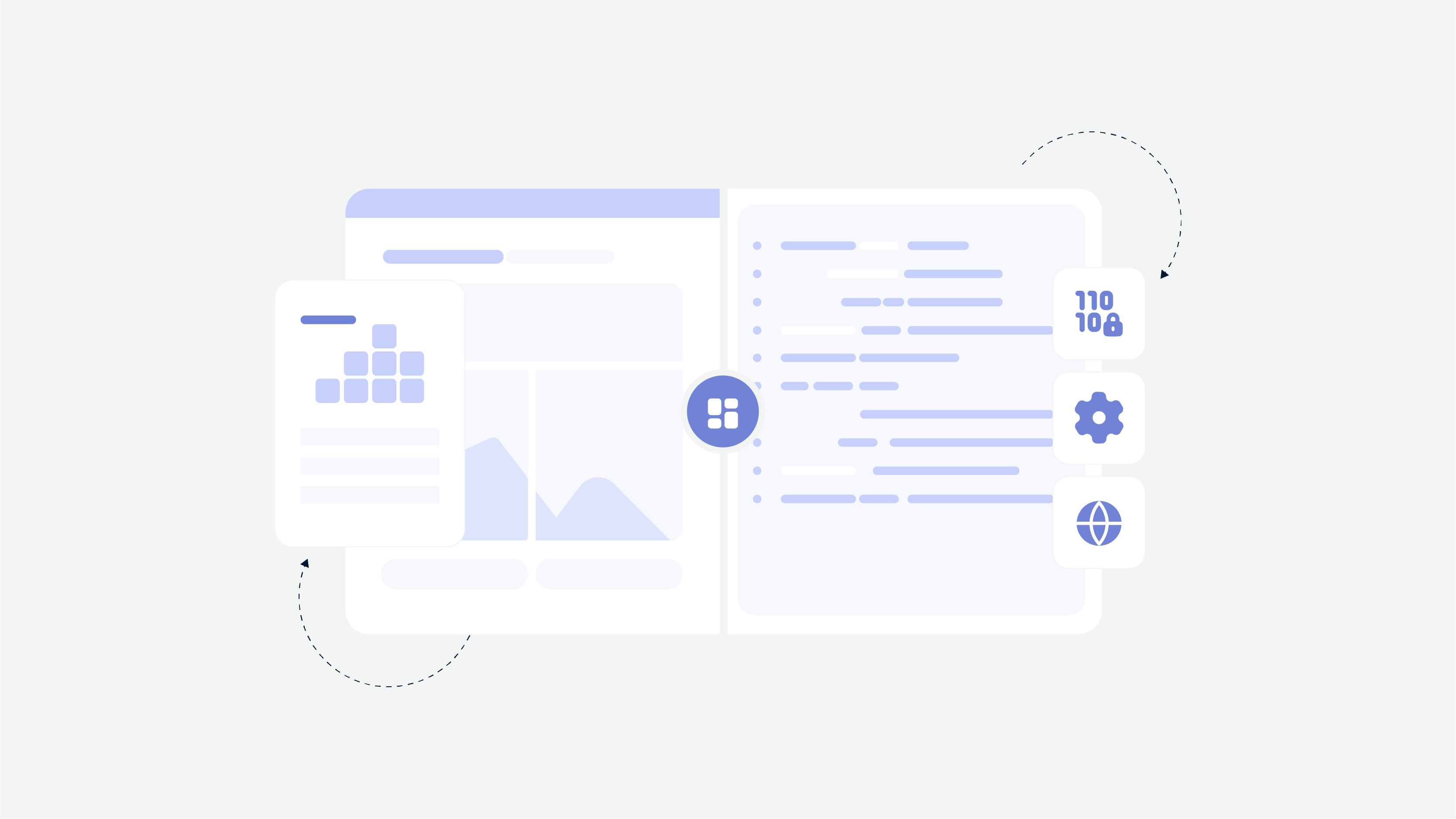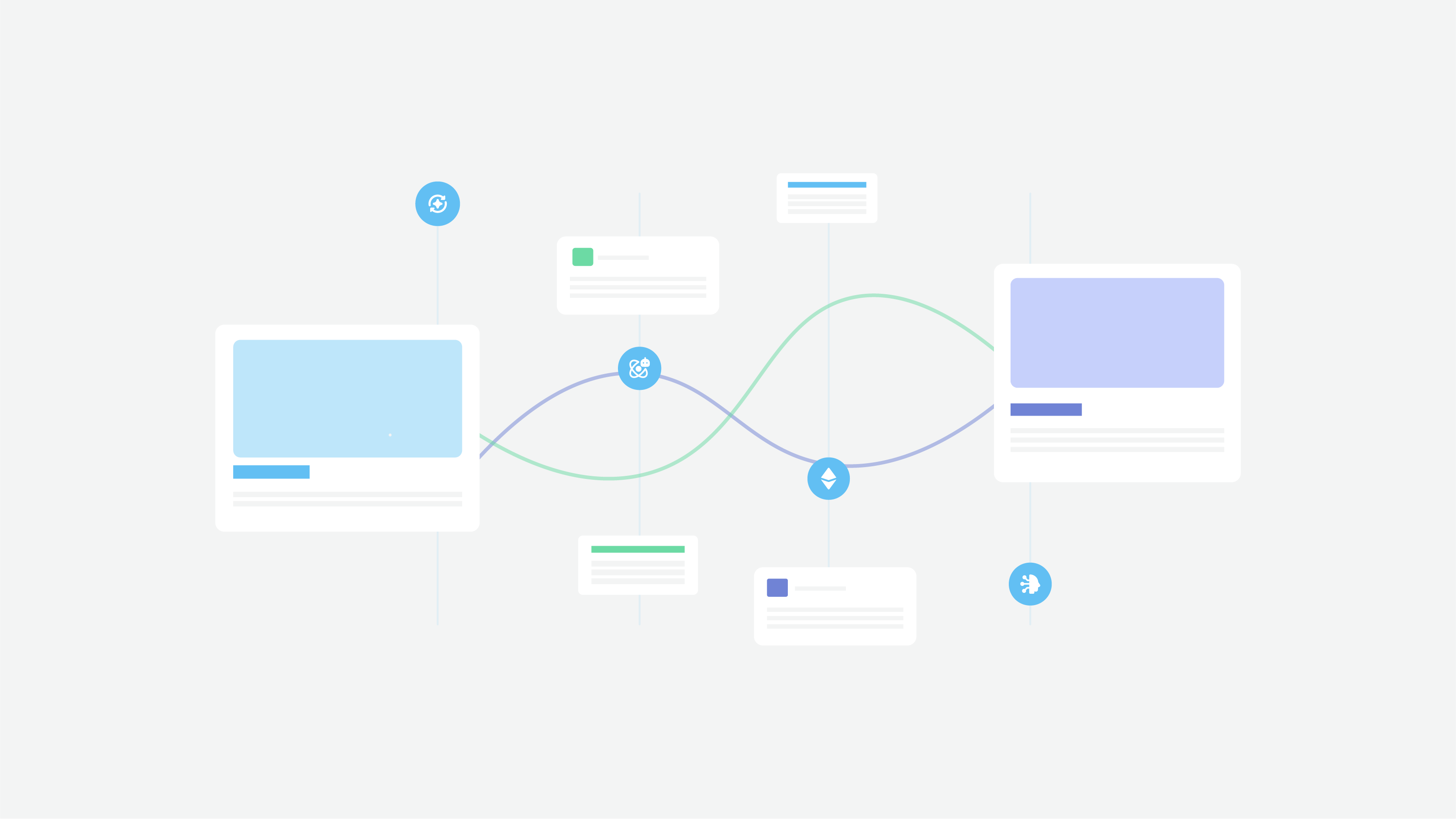Artificial intelligence is everywhere. It improves our photos, processes images, tracks criminals, recognizes faces, and even manages transport in logistics. AI and ML technologies are used to analyze large amounts of data in medicine and science; they are a trump card in the field of business development. Not to mention how they improve the effectiveness of personalized customer service.
AI-based chatbots can provide accurate answers to questions around the clock. Such technologies can be integrated into the site or created particularly for the needs of a specific business. Be that as it may, experts claim that chatbots will become the main customer service channel for a quarter of organizations worldwide.
Chat GPT is an example of such technology that, with open access, learns at an incredible pace and brings real benefits to the business. It can perform several functions not only in the field of service but in advertising and marketing. In addition, it is actively used by developers to improve and simplify the code. So, this is a universal tool that is constantly getting better. Let’s talk about it in more detail.
What is Chat GPT?
Chat GPT, i.e., Chat Generative Pre-trained Transformer, is a creation of OpenAI, a chatbot that was launched in November 2022. It is a tool developed using the capabilities of artificial intelligence and machine learning to process natural language and conduct conversations as real people would. It can answer questions, process text according to specified parameters and generate code, etc.
Since the chatbot was created for research purposes and is in the training phase, it is open for use. Today it is a powerful model for studying live communication. However, like any tech product, it has its advantages and disadvantages.
Main pros of Chat GPT
Such bots have many advantages, the main one being the ability to automate some work processes and improve customer service. However, there are several other key benefits that they provide. Let’s take a quick look at them.
- This is a promising and ambitious research project that can significantly improve customer service and bring real business value.
- It is free to use and easy to integrate. In addition, it has detailed documentation for developers. With the help of this and professional skills, you can do everything quickly and efficiently.
- It has some essential but not too burdensome limitations (we’ll discuss them later).
- Chat GPT is fluent in both written language and coding, solving its problems and writing mathematical proofs.
- The bot is available 24/7; it does not require additional effort to update.
- It carries on the conversation in a natural way and improves at an incredible pace.
- It can be a perfect AI assistant for software development, code checking, etc.
It is also worth noting that by making the product free to use, OpenAI has given it unlimited opportunities for development and improvement. People from all over the world are “teaching” it using its functionality. It receives huge amounts of data every minute, which makes its operation more efficient and progress much faster.
Main cons of Chat GPT
However, there are some important pitfalls to be aware of before using.
- Lack of sources of information and citations in the answers.
- Proper integration and configuration of the chatbot require professional developers’ skills, so it is impossible to do it without the help of engineers.
- Without proper setup and training, a chatbot can give wrong answers while trying to answer in the most natural way.
- Bot-generated content can be too complex and verbose. Also, if two users ask for content on the same topic, they will receive the same content.
- The chatbot has some difficulties with personalization.
But still, this AI tool is extremely useful and promising as it is constantly improving and updating.
How to Use Chat GPT?
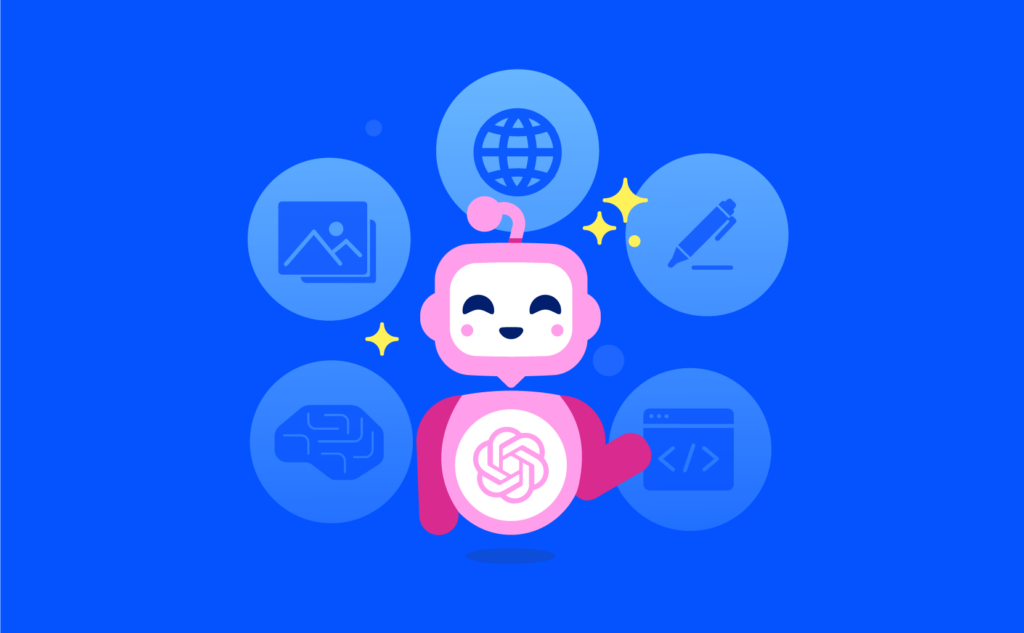
If you just want to explore the possibilities of Chat GPT, all you have to do is visit chat.openai.com, create an account, and start a chat. You can ask any question for free.
More advanced use also requires authorization. Next, you need to get an API key to access the capabilities of the Chat GPT model.
In the case where Python is used for coding, developers are suggested to install the OpenAI Python package. For PHP and JavaScript, the project documentation also has the required libraries. The installation method and requirements are described in detail in it.
Using purposes
After installation and some configuration, the model can be used for the following purposes.
- Writing assistant. Such AI chatbots can be used to write texts on different topics and fields. It can be blog posts, essays, advertising texts, etc. It’s a good tool for marketers and writers to help improve their writing style, develop new content ideas, etc. However, it should be understood that this is only an assistant and cannot be the primary source of the text. The obtained results still need verification, “humanization,” and improvement.
- Working with code and app development. Chat GPT can recognize, understand and generate code, which is quite an achievement among AI models. It solves coding problems, helps with the testing and debugging process, and also provides help in app development: general tips, example code, etc.
- Customer service. Such AI chatbots can deliver more intelligent and natural answers to customer questions, improving the interaction and service experience. It’s also a great way to solve customer problems 24/7 and quickly provide them with the necessary information.
Chat GPT can also be integrated as an alternative to a search engine that could answer complex questions in different ways of speaking and in various tones.
Limitations
This chatbot is programmed in order not to provide harmful answers and reject inappropriate requests. In addition, the quality and accuracy of the received answer depends on the correctness of the question. Therefore, it requires additional configurations as well as instructions for users.
Future Developments in Conversational AI
The field of AI integration and conversational artificial intelligence, in particular, is actively developing thanks to constant research and development aimed at improving natural language processing (NLP), creating dialogues, and understanding context. These advances promise to revolutionize the way AI-powered chatbots like Chat GPT interact with users and provide valuable insights into potential future opportunities.
Will AI replace workers? It all depends on the field and industry requirements. However, most AI technologies will definitely change future approaches to creating digital products, their functionality and processes. Here are some examples of what you should pay attention to.
Advances in Natural Language Processing (NLP)
AI integration researchers and engineers are actively working to improve models’ ability to understand and interpret human language more accurately and contextually. Future developments focus on improving language understanding capabilities, including handling nuance, slang, and colloquialisms, allowing chatbots like Chat GPT to engage in more meaningful and contextually relevant conversations.
Methods and techniques of dialog generation
Most of the innovation in dialogue generation techniques aims to make the responses generated by AI solutions more coherent, diverse, and human-like. Future developments may use advances in deep learning architectures, such as transformer models, to generate responses.
In this way, they will be able to not only be relevant to the context but also demonstrate characteristics of empathy, humor, and personality, improving the user experience and facilitating deeper interaction.
Contextual understanding and memory
One of the key challenges of conversational AI systems is preserving context in extended dialogues and remembering past interactions. Future developments may involve the inclusion of long-term memory mechanisms and context preservation in AI models such as Chat GPT.
Chatbots can provide more personalized and relevant responses tailored to individual users’ preferences and needs by better understanding the context of current conversations and leveraging past interactions.
Multimodal integration
As AI technologies advance, there is growing interest in integrating multiple modalities, such as text, images, and audio, into conversational AI systems. Future developments and AI algorithms can explore methods of seamlessly integrating multimodal inputs and generating multimodal responses, allowing chatbots like Chat GPT to understand users and respond to them in more diverse and intuitive ways.
We should also remember the issue of ethical and responsible AI. Future developments may prioritize creating transparent, accountable, and fair AI models, as well as addressing issues related to bias, privacy, and trust.
Incorporating ethical AI principles into the design of chatbots such as Chat GPT can help ensure that they are used responsibly and ethically for the benefit of society. It is a great idea for future AI startups.
Use Cases of AI Integration and Chat GPT
Chat GPT, like other AI projects, quickly gained popularity in various industries, offering practical solutions for various business tasks. Let’s look at some examples that demonstrate how companies can successfully implement Chat GPT in their business processes.
Support and customer service
Here are some options for different industries:
- E-commerce platforms. Online stores have integrated Chat GPT and often create their own AI system for their own customer support mechanisms to provide instant assistance to customers. A chatbot efficiently handles common inquiries such as order tracking, product information, and returns, freeing up humans to focus on more complex issues.
- Telecommunications companies. It uses AI tools like Chat GPT to automate responses to customer inquiries regarding billing, account management, and technical support. This ensures 24/7 availability and improves overall service efficiency.
- Insurance industry. Insurance companies are integrating Chat GPT and other AI projects into their websites and mobile apps to provide 24/7 assistance to policyholders. The chatbot handles common inquiries about insurance policies, claim status, and premium payments, improving accessibility and responsiveness.
Content creation and personalization
Integrating AI is a great solution for news websites and media. Chat GPT can be useful for creating content summaries, headlines, and other content based on current topics and reader preferences. This allows you to create content faster while maintaining quality and relevance.
Marketing agencies use Chat GPT and other AI technologies to create personalized ads, email campaigns, and social media posts tailored to specific target audiences. A chatbot’s ability to generate engaging content at scale improves marketing efforts and drives customer engagement.
AI integration in the insurance industry
In the insurance industry, Chat GPT has become a valuable tool for improving customer service, as well as for streamlining processes and operations. Here are specific examples of how insurance companies have successfully implemented AI projects.
- Assistance in resolving claims. AI solutions are an important part of the digital transformation of the insurance industry. They help policyholders with insurance claims by guiding them through the process, gathering the necessary information, and providing immediate feedback. This speeds up claims processing and provides a smoother experience for customers in stressful situations.
- Personalized recommendations. Insurance companies often use AI algorithms to analyze customer data and preferences, offering personalized policy recommendations based on individual needs and risk profiles. The chatbot facilitates informed decision-making and helps customers find the most affordable coverage options.
- Instant price posting. Chat GPT, part of the AI system, allows customers to instantly receive insurance quotes through natural language conversation. After entering relevant information such as demographics, vehicle details, or property specifications, users receive accurate offers without filling out lengthy forms or performing manual calculations.
- Automated underwriting and fraud detection. Insurance companies use AI tools to automate the underwriting process by analyzing applicant data and identifying risk factors. They also help insurers detect potential fraud by analyzing claim details, customer interactions, and historical data patterns. The chatbot flags suspicious activity and notifies fraud investigation teams.
- Policy management. AI integration simplifies policy management tasks such as updating personal information, adding beneficiaries, or updating coverage. Customers can interact with the chatbot to make changes to their policies, ensuring accuracy and regulatory compliance.
Learn more about tech news and insights in your industry in our article.
Healthcare and telemedicine
Healthcare providers, hospitals, and clinics often use AI integration to improve their portals and healthcare apps to assist patients with virtual healthcare and make appointments. Patients can interact with the chatbot to receive medical advice, medication reminders and access healthcare resources, improving access to healthcare.
In addition, AI systems are popular among mental health organizations. Integrating AI provides anonymous counseling and support to individuals with mental health issues. The chatbot offers responsive responses and resources for coping strategies, expanding mental health support to a wider audience. The use of such bots is one of the best practices in the development of healthcare applications.
Education and training
Institutions and e-learning platforms use Chat GPT and AI systems to create interactive tutorials, test generators, and virtual teachers. Students benefit from personalized learning and instant feedback, improving understanding and retention of course material.
Also, AI business integration allows you to collect important data to improve the educational process in the middle of any business and increase its profitability. Very often, companies use the capabilities of AI integration to improve training platforms for employees. This allows for on-demand learning modules, simulations, and knowledge assessments.
Finally, AI promotes self-directed learning and skill development, enabling employees to improve their professional competencies. This is an opportunity to automate many evaluation and development processes.
So, AI business integration is an absolute trend, and all these real-world examples emphasize Chat GPT’s versatility and effectiveness in various industries. Companies can improve operational efficiency, engage customers more effectively, and remain competitive in an increasingly digital environment.
How to build a GPT-3 chatbot?
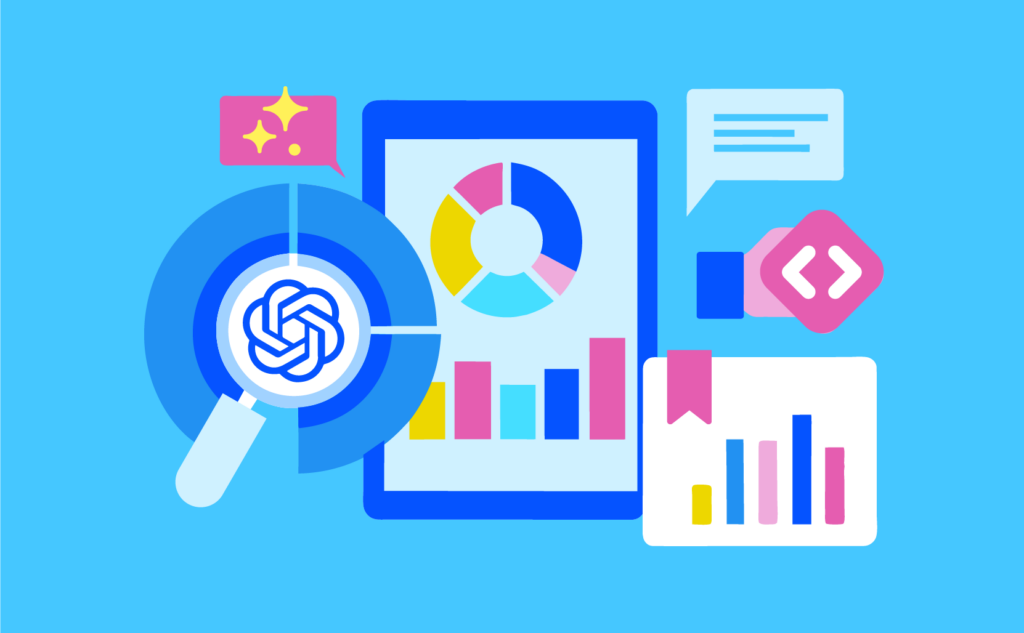
The easiest and fastest way is to integrate with existing chatbots. After registering on the OpenAI website, you receive your API key. It must be used for integration in chatbot settings.
Next, you need to choose one of the AI models.
- Davinci. Advance the model for working with large volumes of data, analyzing and solving problems, and generating complex code.
- Curie. Suitable for questions-answers, analysis, and adjustment of the text, etc.
- Babbage. Ideal for selecting obvious text patterns, categorizing and classifying the information, and semantic search.
- Ada. Fast, simplified analysis of texts, correction, and selection of keywords.
All subsequent actions depend on the purpose of using the product and the programming language used. Developers use the guidelines of the OpenAI documentation.
Trained on billions of parameters and a massive number of text corpora, GPT-3 is one of the most significant models available, trained on a huge number of parameters and text corpora. You don’t need to upload anything to the server to use it, just include GPT-3 API calls in your source code or web pages (using PHP, Python, and JavaScript).
Different areas of use and types of software require different approaches. Insurance app development requires one chatbot setup and fintech – another. We have a strong team of engineers who can do this for you and will be happy to share their experience.
GPT-3 integration into your site with simple PHP and JavaScript
For GPT-3 integration, you must have
- API key;
- server with PHP and JavaScript support (hosting service);
- PHP library (for calling GPT-3 API through PHP).
The main stages of integration are the same as described above. However, they have certain differences depending on the purpose of the connection, the required features, and the way of use.
After connecting the PHP library, small modifications may be necessary – to enable the application to pass the user’s API key instead of a fixed one, for example. Developers also use different methods to connect HTML/JavaScript to the main PHP file that calls the GPT-3 API.
Code Example
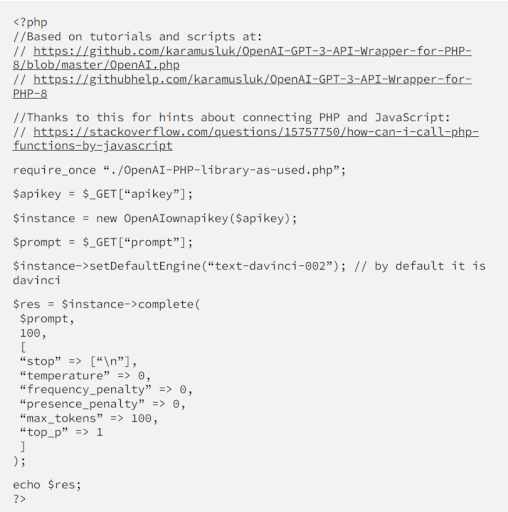
Next, you need to develop asynchronous code to call the full function of the PHP file and pass the necessary parameters. After that, the developers set up the visual parameters of the chat, features, etc.
Code Example

Again, the integration process largely depends on the type of website, its functionality and purpose, development technologies, etc. In order not to disrupt the operation of the web platform and avoid unpleasant consequences, integration should be done by professional developers. They know all the nuances and pitfalls of this process.
Cadabra’s engineers will be happy to develop a custom chatbot for you or integrate GPT-3 into your website. Just contact us for a free consultation.
Chat GPT Integration in Salesforce
In Salesforce, Chat GPT is most often used for administration and customer service. A bot can work well within a narrow defined range. The larger the range, the less accurate the answers, the more training it needs. This should be considered before integration.
So, in general, the integration process looks like this:
- Getting an API key.
- Setting up a remote site in your Salesforce organization where the Lightning component is to be deployed (you should also add the URL https://api.openai.com).
- Updating the value of the special label (Chat_GPT_API_Key) in its settings using the API key.
- Creation of the LWC component (it is needed to develop an interface in the form of a chat window).
- Development of code for processing data in the input field and obtaining the result of user requests.
You can find the full code example here.
Please note that this is an example of a simple interface that needs optimization and improvements.
Conclusion
Chat GPT, i.e., Chat Generative Pre-trained Transformer, is a chatbot baked by OpenAI, which is still in the research stage but is already actively used not only for scientific but also for commercial purposes.
The bot was created based on artificial intelligence and machine learning. It has the functionality of a search engine, code validation and generation, the use of natural language to answer user questions, and the creation of various types of content (text, images, etc.).
Such chatbots can be easily integrated into a website using an API. They can be used for 24/7 customer service and answers to a given range of questions — the more the bot trains, the better the results.
However, there are a few limitations to be aware of. The bot is programmed not to provide offensive or inappropriate responses, so it will not respond to such requests. In addition, the textual content generated by it can be too difficult to understand and wordy.
However, Chat GPT is actively used in sales, customer service, and advertising. Integrating into Salesforce or websites is easy, but proper configuration and compatibility control require professional skills.
Our developers will be pleased to help you with this, using their extensive experience and expertise. So feel free to contact us in any convenient way.

